GB Wheelchair Rugby (GBWR)
As one of the only full-contact disability sports, it is no surprise that wheelchair rugby has always been one of the biggest hits of the Paralympic Games. The sport made headlines this summer, captivating our attention in Tokyo and claiming the team’s first ever Paralympic gold medal!
For people watching the sport for the first time you could be mistaken for thinking it was pretty brutal with wheelchairs crashing into each other and often toppling over as the players compete against each other to score the most tries. Whilst it’s certainly a dynamic and fun sport to watch, the good news is that it’s also a safe sport as it’s the wheelchairs and not the players that make contact!
The wheelchairs are especially adapted with features including a front bumper designed to help strike and hold opposing wheelchairs, and wings, positioned in front of the main wheels to make the wheelchair more difficult to stop and hold. All have to be equipped with spoke protectors to prevent damage to the wheels and an anti-tip device at the back. Games are played on regulation-sized courts a similar size to a basketball court and with a regulation ball similar to a volleyball.
Who can play?
The sport is open to both men and women and is one of the only games which allows them to compete on the same team. In fact, Kylie Grimes – who competed in both the London 2012 and Tokyo Olympics - is the only woman in the world to win an Olympic gold medal in wheelchair rugby.
To be eligible to play the Paralympic discipline of wheelchair rugby, athletes must have an impairment which affects their arms and legs. Many athletes have spinal cord injuries, with full or partial paralysis of their legs and partial paralysis of their arms. Players with other impairments such as cerebral palsy, muscular dystrophy, amputations, polio and other neurological conditions are also eligible to play.
The Junior Team
In partnership with The Lords Taverners’s charity, GBWR delivers a junior programme providing those aged 8-17 years the opportunity to experience wheelchair rugby in a junior-only environment. Visit www.gbwr.org.uk to see a full list of clubs across the country.
Pathway to Podium: The Search for Future Stars
GBWR are currently searching for the next generation of wheelchair rugby stars and are holding two talent identification days on the 13th November at Stoke Mandeville and on the 21st November in Oldham. You don’t need to have any experience of playing wheelchair rugby to attend but must be eight years old or more, have a physical disability that causes impairment in a minimum of three limbs, and aspire to compete at the Paralympic Games. All equipment will be provided, including chairs and gloves. During each session you will have the opportunity to learn the fundamental skills of the sport and put them into action, as well as trying some physical tests that measure speed, acceleration and manoeuvrability. To apply visit http://www.gbwr.org.uk/the-search-for-future-stars/ and download the application form. Those invited onto the Talent pathway, following the talent identification days, will have the opportunity to progress to the national team and represent GB!

































